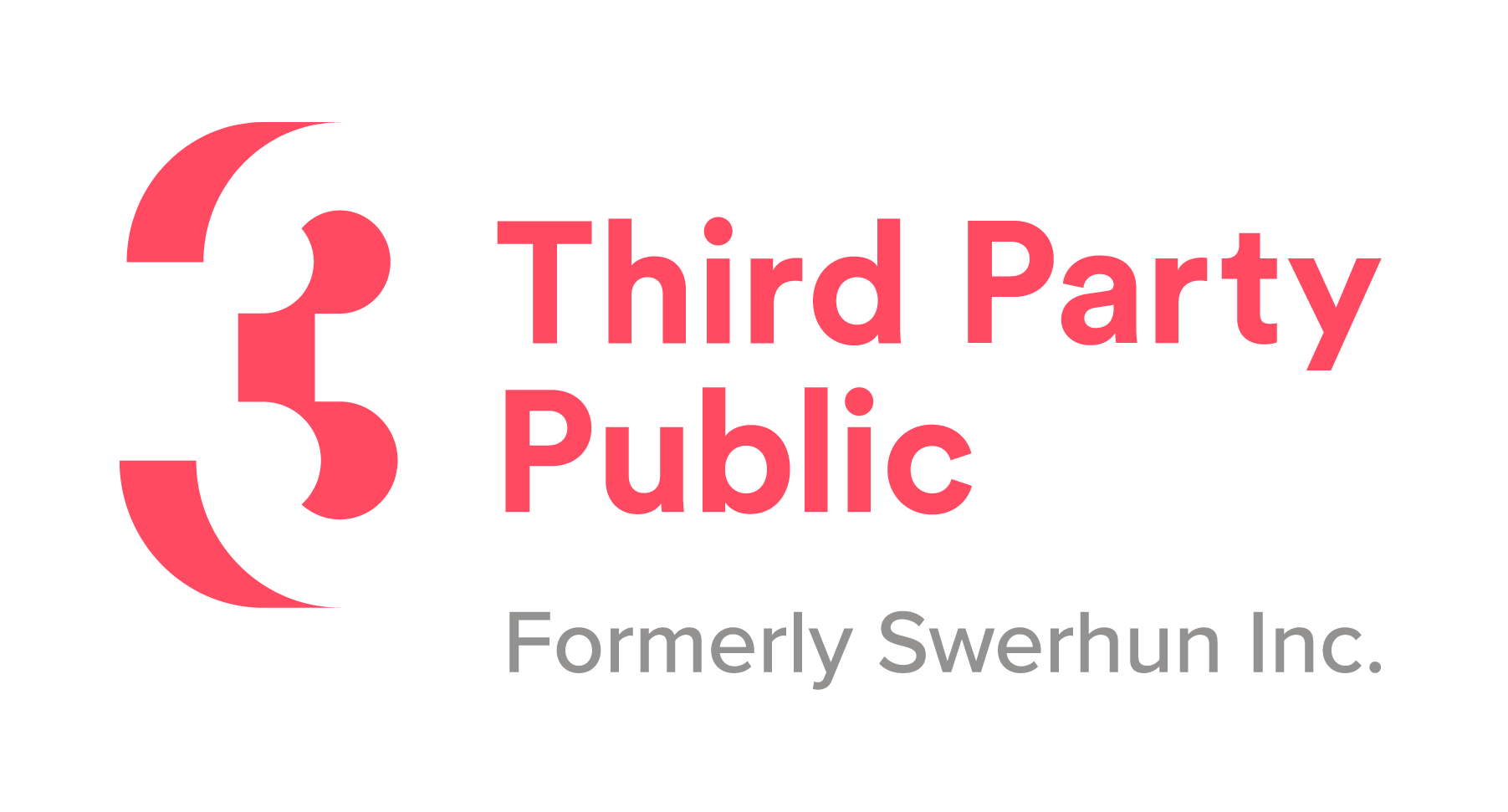Step 3:
Develop the Content & Create the Materials to Inform Discussion
The third step of the engagement process focuses on identifying the information that people need to meaningfully participate in the process, creating the tools that will be used to convey that information, and preparing the key questions that will be asked to seek the feedback required.
CASE STUDY
A large public library was facing potential budget cuts. To manage these cuts, the library decided to close four branches. There was a huge public outcry to this decision and extensive media coverage. In response, elected officials provided emergency funding to the library to keep all branches open for one year. During this time the library Board and senior management decided to consult the community on alternative solutions.
a. Identify the key messages to be conveyed to participants during each phase of the project.
Key messages from Phase One:
The library is dedicated to engaging our community in literacy and learning
We face a big challenge – as demand for library services grows, operating revenues decline
A number of changes have been made over the years to keep the library financially stable (e.g. reduction in hours and staff, wage freezes, etc.)
We need a plan that ensures long term financial and operational health of the library system
We’re committed to working with you as we develop that plan
The consultation process will start in April and end in September
The consultation will happen in three parts, each part will last two months
Phase One will focus on confirming issues to address over the six months, Phase Two will focus on testing ideas to achieve long term financial and operational health of the library system, and during Phase Three we’ll work on refining those ideas and deciding on a path forward
b. Identify the feedback needed from participants during each phase of the project and develop focus questions to solicit that feedback.
Focus Questions from Phase One:
Why do you think it is important that the library is financially and operationally healthy?
What do you think are the two biggest challenges to achieving this? What are your suggestions on how to address those challenges?
What are the two or three things you value MOST about the library?
What opportunities do you see for library users and the broader community to play to ensure the long-term sustainability of the library?
Do you have any other feedback?
Focus Questions were also developed for Phases Two and Three.
c. Identify the tools and mechanisms that will be used to communicate the key messages and focus questions.
Three Neighbourhood Workshops were held during each phase of consultation
One City-wide Stakeholder Workshop was held during each phase of consultation
A Discussion Guide was created for each of phase of consultation and used during the workshops and posted on the library website
A PowerPoint presentation was created for each of the three phases of consultation and delivered at all workshops and posted on the library website
The same feedback should be sought, regardless of the mechanism used to solicit that feedback. Focus questions should be identical whether they're being asked in a newsletter, on the web, or in a meeting.
